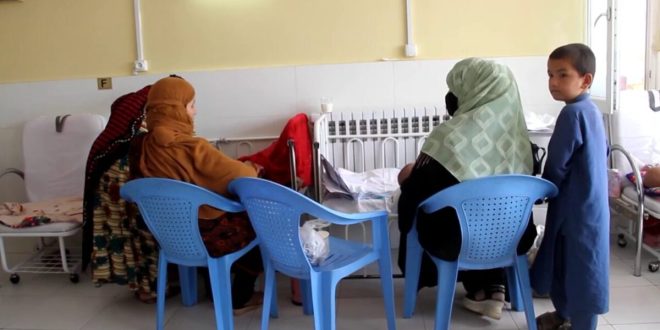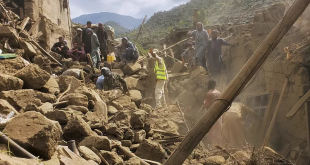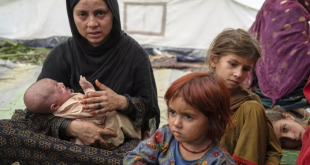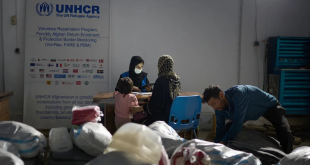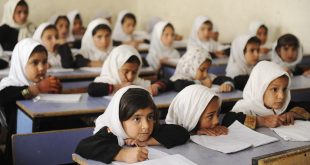KABUL – Rural Afghanistan is experiencing a worsening healthcare crisis as the Taliban’s ban on female medical education exacerbates the shortage of female healthcare professionals. With access to female doctors, nurses, and midwives severely restricted, millions of women are left without essential medical services.
Unofficial estimates indicate the ban has barred over 30,000 women from pursuing medical studies, leaving rural areas particularly vulnerable. These regions already suffer from some of the world’s highest maternal and infant mortality rates, and the lack of trained female healthcare workers is deepening the crisis.
International health organizations, including the United Nations Population Fund (UNFPA), have raised alarms about the rising maternal mortality rate, citing limited emergency healthcare access for women. In a recent statement, the UNFPA highlighted the life-threatening impact of restricted midwifery and nursing services, warning that “maternal health in Afghanistan is at grave risk.”
The Taliban’s education ban not only denies women opportunities for medical training but also jeopardizes the lives of Afghan mothers and children, critics argue. As healthcare systems falter under the strain, international calls for action are growing.
 Afghanistan Times
Afghanistan Times
